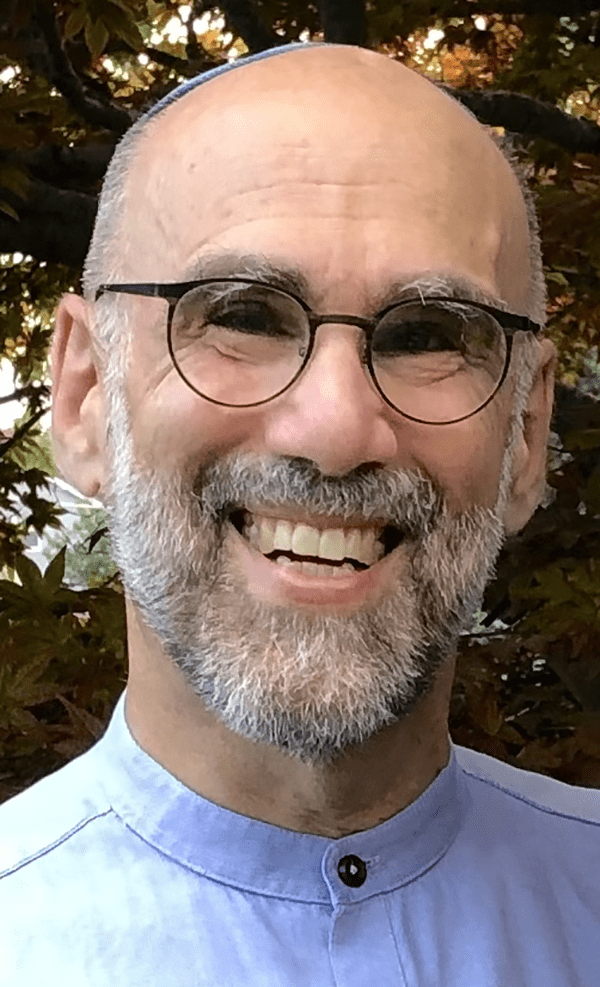Makin’ Matza!
My recent posts...
Selling Chametz
Even if you don’t keep a kosher kitchen, and/or you don’t “convert” your kitchen for Pesach, there is still spiritual value in selling your chametz: You are engaging with myriad Jews worldwide in a practice that can be traced back to Torah and, if you include a donations to “ma’ot chitin,” you are enabling those in need to more fully celebrate Pesach.
A Few Things About Pesach (With lots of links)
There is a wealth of information about Pesach (and the challenges of this year) at Exploring Judaism.org.
Omer 5785
My recent posts...
Movement
About 500 years before the Parthenon was built, King Solomon constructed in Jerusalem a magnificent temple as the worship center of, and earthly abode for, the God of Israel. Our sacred temple was a massive undertaking requiring tens of thousands of laborers and great quantities of stone, wood (from Lebanon), gold and other precious materials. Our temple was first destroyed in 587 BCE, rebuilt in 515 BCE and demolished in 70 CE. Nothing remains of the structure though parts of the retaining walls and entrances to the Temple Mount (har habayit) continually undergo archeological exploration.
Unlike the Parthenon, the site of our temple is a place of active veneration, though (also unlike the Parthenon) it is a sore point of dispute over how God can be worshiped there. The debates/disputes in Jerusalem are many, and some of these have resonance throughout Israel and beyond: non-orthodox prayer at any area along the Western Wall is denied by Orthodox authorities; ultra-religious men close down major traffic arteries to protest being included in national conscription; a new kashrut-certifying organization is challenging the traditional rabbinic monopoly on certification…
Then there’s the major announcement this week that the United States’ embassy will be moved to Jerusalem as “a long-overdue step to advance the peace process and to work towards a lasting agreement.” Israeli papers report that responses to the announcement run the expected gamut, from praise and gratitude that the “reality” is finally being recognized by a major world power to apprehension over the price that anticipated Palestinian violence will exact from Israel’s citizenry. Individual Israelis’ opinions likewise run the gamut. One was both resigned to and resentful of the likelihood that Israelis will be attacked.
A former US citizen asked when the “process” of which this announcement was a part would be publicized. Still another Israeli felt supported by the U.S. in the face of Palestinian intransigence and irresponsibility over the decades. A friend who is a geographer explained that cartographic convention calls for capitals being set in a particular style of type. His company has at least two versions of Israel maps; depending upon the usage, one shows Tel Aviv as the capital, the other shows Jerusalem. “Most Israelis really don’t care much about the issue,” he said. Meantime, Israelis are dealing with the high cost of housing, continuing to innovate in technology of all sorts, debating religious-secular issues, attending concerts and folk dance sessions, and, today, throughout the country, getting ready for Shabbat


